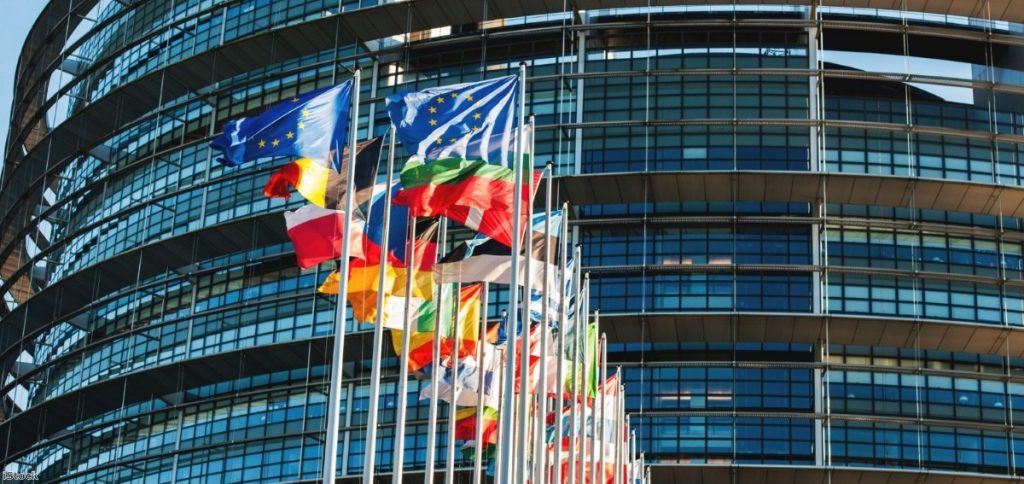By Roger Casale
The state of Brits' free movement rights is currently uncertain. For a while we gave up on ever being able to keep enjoying this right after Brexit. The British government didn't seem interested in pursuing it and Brussels didn't seem interested in allowing it. Instead, we'll be trapped with the right to stay only in the country we're in, risking countless people's livelihoods and quality of life.
But then things started to shift. The European parliament passed a resolution before Christmas stating that it would not sign off on the withdrawal agreement until Brits in the EU had secured their right to freedom of movement.
It was a remarkable moment of solidarity. However, no-one from the parliament said how this would be achieved.
In the subsequent text of the draft withdrawal agreement, no reference was made to restoring the right to freedom of movement. In fact Article 32 of the legal text explicitly ruled out freedom of movement for Brits who were already established in the EU if Britain left.
Then came the strange incident of the disappearance of Article 32 in the night time. Just before Easter, the paragraph was lifted from the text, even though references to it remained in the rest of the document.
As yet, nothing has been put back under Article 32 to explain what will happen with the freedom of movement rights of British citizens in the EU.
This could be a matter of logistics. It's possible the EU wants to give Brits in Europe their free movement rights but doesn't know how to do so. The way to do it is through a green card for Europe. A similar scheme already exists for non-EU professionals, namely the Blue Card for Europe.
There are important differences – for example, the free movement rights of blue card holders are limited to Schengen member states and it is only for professionals with a definite job offer. Nevertheless the principle is the same. It is proof-of-concept.
The EU knows that it will need to introduce something like the green card to meet the requirement set by the European parliament. So why the reticence to say so now? The answer probably lies in the political dynamics of the negotiations. Barnier is certainly aware of the proposal. It's possible that he is waiting for David Davis to ask for it.
The Brexit secretary, however, and indeed the entire UK government, have been indifferent to the fate of Britons in the EU.
The idea that the UK government could not secure the rights of EU citizens in the UK until it protected those of UK citizens in the EU was a smokescreen. The real policy treated them as bargaining chips on other matters of negotiation, because the UK had no other cards in its hand.
It has taken 18 months for Davis to even acknowledge the existence of ECREU (Expat Citizen Rights in EU), one of the most established groups fighting for the rights of Brits in the EU.
Responding to a letter from ECREU board member Roger Boaden in April 2018, the Brexit secretary wrote:
"We will discuss these arrangements (viz. free movement and family unification) with the EU in due course."
In due course! But it's nearly two years since the referendum.
There's no point waiting for London to step in to help British citizens. The EU must be persuaded to act unilaterally. The green card for Europe is a simple and practical proposal for how it could do so.
New Europeans has strong support within the European parliament for the proposal. We are working now on the Commission, the Home Office and the Department for Exiting the European Union (DExEU) to at least make them aware of what is on offer and the upside for the UK if they accept.
You can support the Green Card for Europe campaign (and receive your prototype Green Card itself) here.
Roger Casale if the founder and secretary general of New Europeans.
The opinions in politics.co.uk's Comment and Analysis section are those of the author and are no reflection of the views of the website or its owners





-01.png)